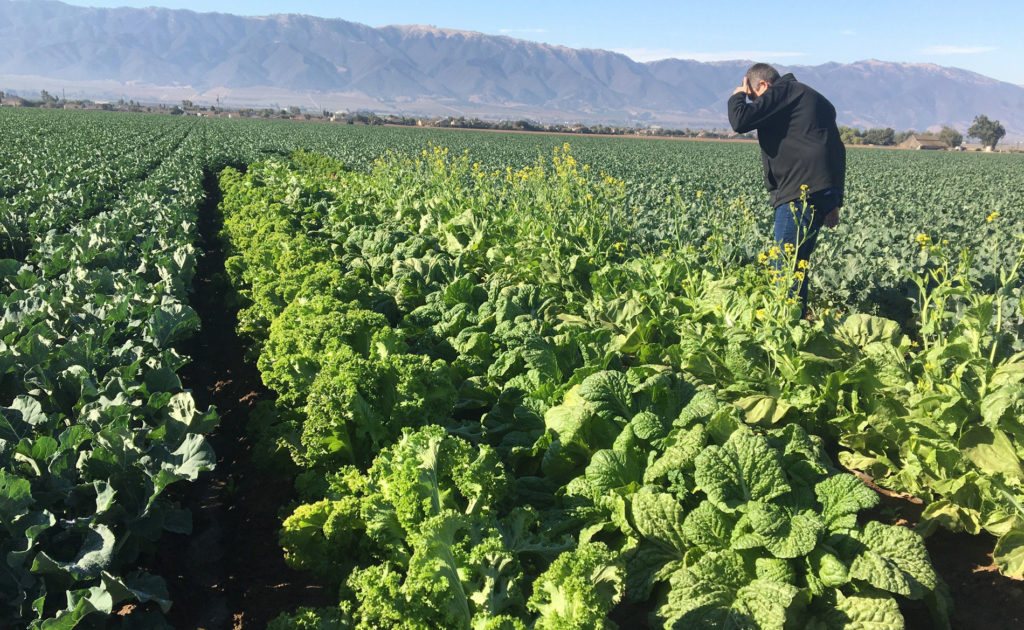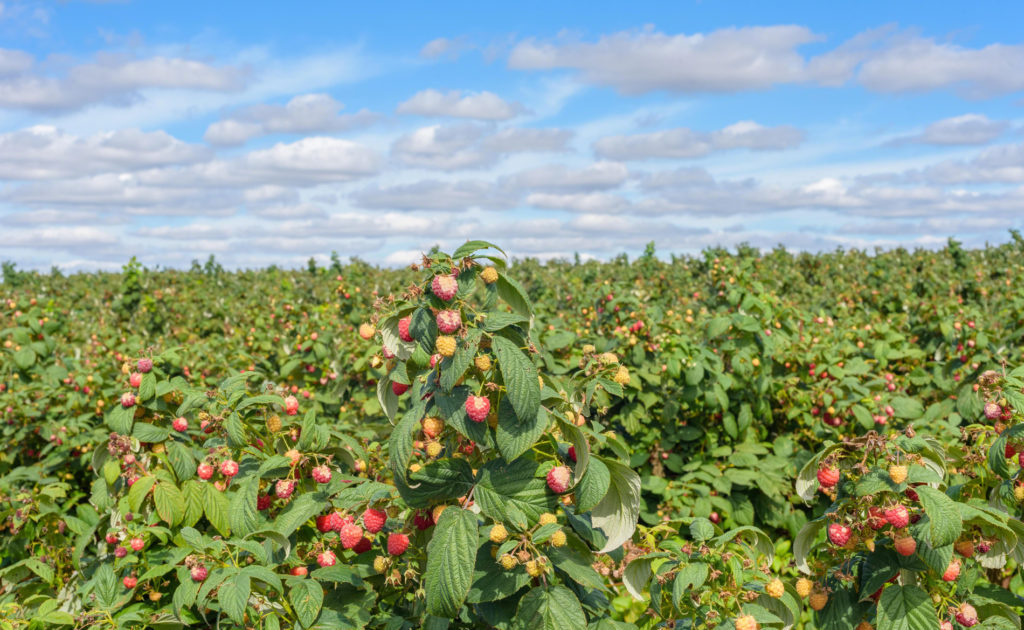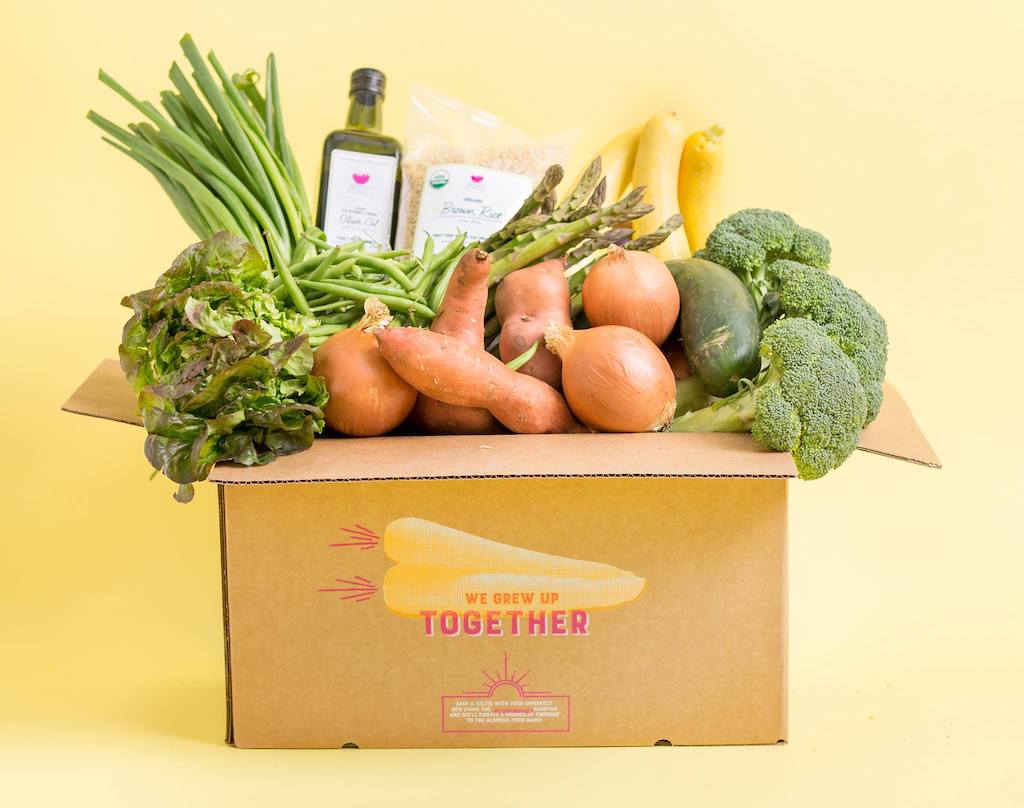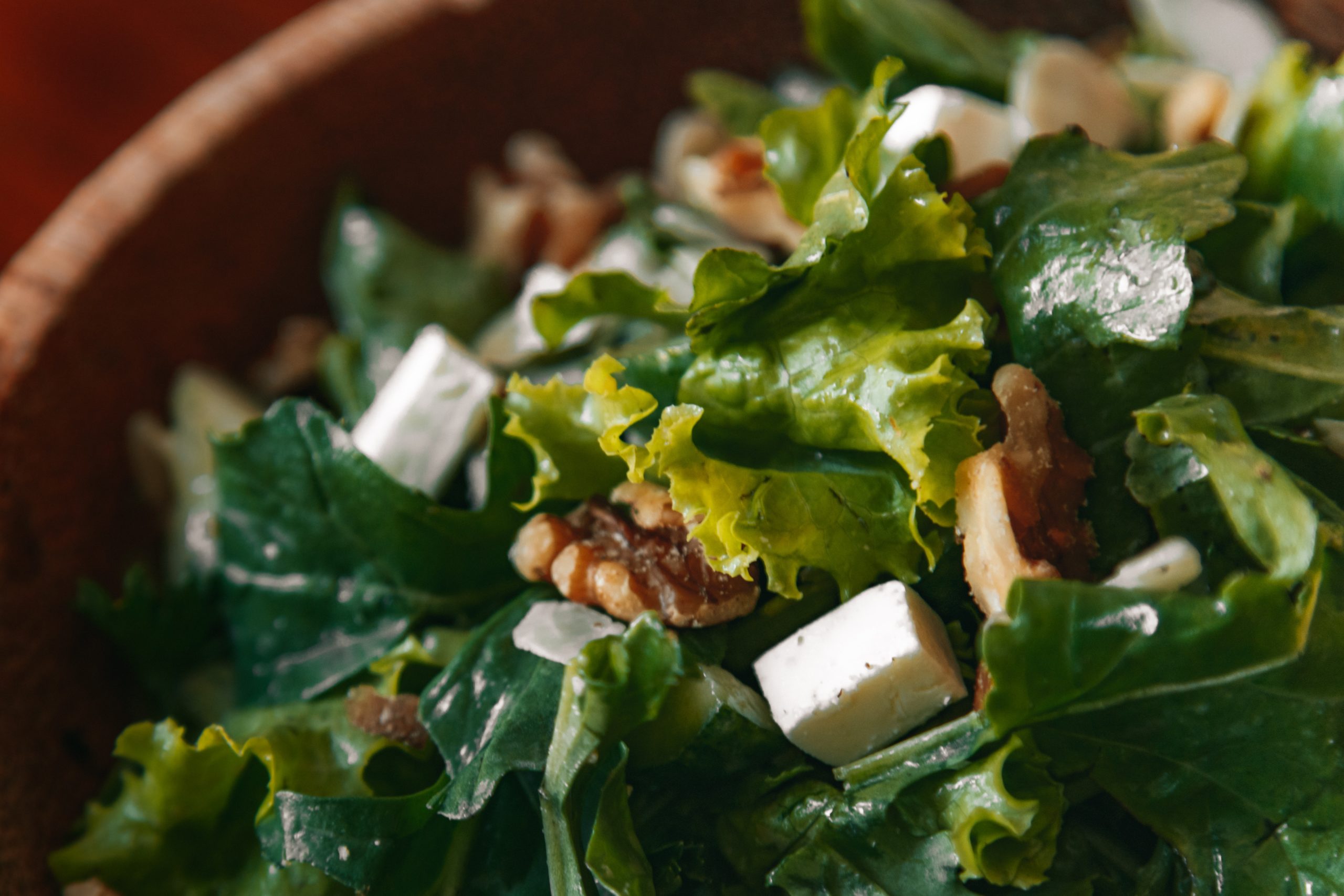3 Mins Read
North Carolina startup Pairwise is looking to leverage the power of produce, while making it better. Founded in 2017, the company is focused on using proprietary genome editing techniques to amplify the appeal of fresh fruits and vegetables. Where it claims to set itself apart is with full transparency about the gene alteration methodology. The startup seeks to educate consumers about the benefits of adapted produce, not skirt over its production style.
Pairwise has recently announced that it is eyeing a consumer-facing launch in early 2023. Under the brand name Conscious Foods, the company will sell USDA-approved gene-edited produce, starting with mustard greens. The startup is leveraging CRISPR technology, licenced from Harvard.

The upsides of modified produce
Mustard greens have been selected as the first product launch due to their potential; they are far less common than other greens such as arugula or spinach. Traditionally bitter and strong-smelling, the leaves have failed to find favour with many chefs. Pairwise hopes to reverse the fortune of the greens by creating a flavoursome and nutritious product that can rival kale or Brussels spouts in popularity.
“We believe in the power of produce to change our world,” the company states. “Because when tough leafy greens are easier to eat, more people get calcium and magnesium and Vitamin K.”
Pairwise notes that helping people lead healthier lives starts with making nutritious foods more appetising. This, it says, is its driving motivation for gene-edited produce. Seedless fruits are more likely to be bought and cherries without pits offer a more attractive snacking prospect. Both are currently in development, with blackberries being created to help producers. In addition to being seedless, they will grow without thorns, making for easier harvesting.

Keeping the consumer in the loop
Pairwise cites full transparency as essential. It appears to have no intention of bamboozling consumers with complicated jargon. Instead, it favours clear signposting to the gene-modified nature of products, on the packaging, and the production process will be made available, likely through a QR code or similar.
“We’re not going to hide from it, but we also really want to be selling the product based on the benefits rather than the technology,” Dr Tom Adams, CEO at Pairwise told The Spoon. “I know I buy products because of the benefits I get from them.”
Pairwise gained USDA approval for gene-edited produce last year and will be engaged in creating seed stock for farmers during the remainder of 2022.

In defence of imperfect produce
At the other end of the spectrum are companies such as San Francisco’s Imperfect Foods. Championing fruit and vegetables deemed too “ugly” to be sold, the company is taking a zero-tolerance approach to food waste. Curating produce delivery boxes entirely comprised of wonky and unusual-looking items, the company aims to impact food systems by entirely eliminating waste and changing consumer mindsets about ‘perfect’ foods.
It’s worth noting that consumer acceptance of GMO foods remains questionable. While companies such as Perfect Day are enjoying success with GMO dairy alternatives, organic produce uptake could present a stumbling block for companies such as Pairwise. It is widely thought that such trends are a result of shoppers looking for healthy and safe food options, following the Covid-19 outbreak. Clear understanding of labelling remains essential, especially if consumers are looking to improve their carbon footprints at the same time.
Lead photo by Roman Odintsov at Pexels.




